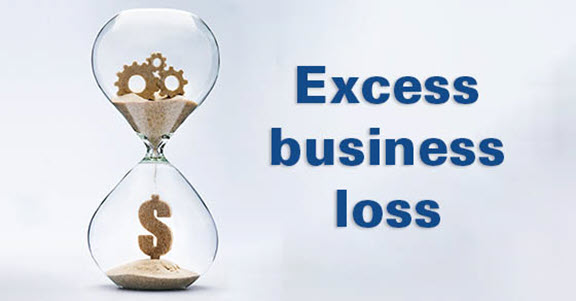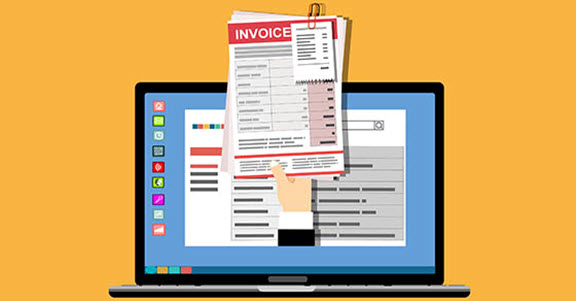If you’re an individual taxpayer dealing with substantial business losses, you might be affected by federal tax rules designed to limit deductions. Navigating these rules can be challenging, but understanding how they apply can help you make smarter financial decisions for the 2024 tax year. Here’s what you need to know about excess business losses and how they might impact your tax situation.
What is an Excess Business Loss?
An excess business loss occurs when your aggregate business losses surpass a set threshold defined by the IRS. For 2024, the thresholds are:
- $305,000 for single filers
- $610,000 for married couples filing jointly
If your losses exceed these limits, the excess amount cannot be deducted in the current year. Instead, it is carried forward as a Net Operating Loss (NOL) to future tax years.
Passive Activity Loss (PAL) Rules
Before addressing excess business losses, you need to clear another hurdle: the Passive Activity Loss (PAL) rules. These rules apply if you aren’t actively involved in your business operations or if the income stems from rental activities. Under PAL rules:
- Passive losses can only be deducted if you have passive income from other sources.
- Disallowed losses are carried forward and can be deducted when you dispose of the related business or property.
How Does the Excess Business Loss Rule Work?
Even if you clear the PAL rules, the excess business loss disallowance rule might still apply. Here’s how:
- Losses beyond the allowable threshold must be carried forward as an NOL.
- You can only use NOL carryovers to offset up to 80% of your taxable income in the carryover year.
- NOLs can no longer be carried back to prior tax years but can be carried forward indefinitely.
Real-World Examples of Excess Business Losses
Example 1: Partial Deduction for Business Losses
David operates a sole proprietorship focused on artificial intelligence development. In 2024:
- He incurs a $400,000 business loss.
- His income from other sources totals $500,000.
Since the individual threshold is $305,000, David can only deduct up to that amount in 2024. The remaining $95,000 becomes an NOL and carries forward to the next tax year.
Example 2: No Impact from Excess Business Loss Disallowance
Nora and Ned are married, filing jointly, with the following financial details:
- Nora incurs a $350,000 loss from rental real estate.
- Ned runs a business that incurs a $150,000 loss.
- They have $600,000 in other income.
Their combined losses total $500,000, which is under the $610,000 threshold for married joint filers in 2024. They can fully deduct their losses against their other income with no carryover required.
How Excess Business Losses Impact Partnerships, LLCs, and S Corporations
For pass-through entities like partnerships, LLCs, and S corporations, the excess business loss rule applies at the individual owner level. Each owner’s share of the entity’s income, deductions, and losses is reflected on their personal tax return (Form 1040). This means:
- Each partner or shareholder calculates their own business loss deduction limits.
- Excess losses are carried forward as an NOL individually, not at the business entity level.
Best Strategies to Handle Excess Business Losses
Managing business losses can be complex, but there are strategies to minimize their impact:
- Monitor Your Business Activities: Actively participate in your business to avoid PAL limitations.
- Strategic Timing: Consider delaying or accelerating income and deductions to minimize excess losses.
- Utilize NOL Carryforwards: Plan for future years by using NOLs effectively to offset taxable income.
Need Help Managing Your Business Losses?
Excess business loss rules can significantly affect your tax liability if not managed properly. Whether you’re dealing with sole proprietorships, partnerships, or rental properties, having a clear strategy is essential.
Contact us today for personalized tax advice to ensure you’re maximizing deductions while staying compliant with current IRS rules.






